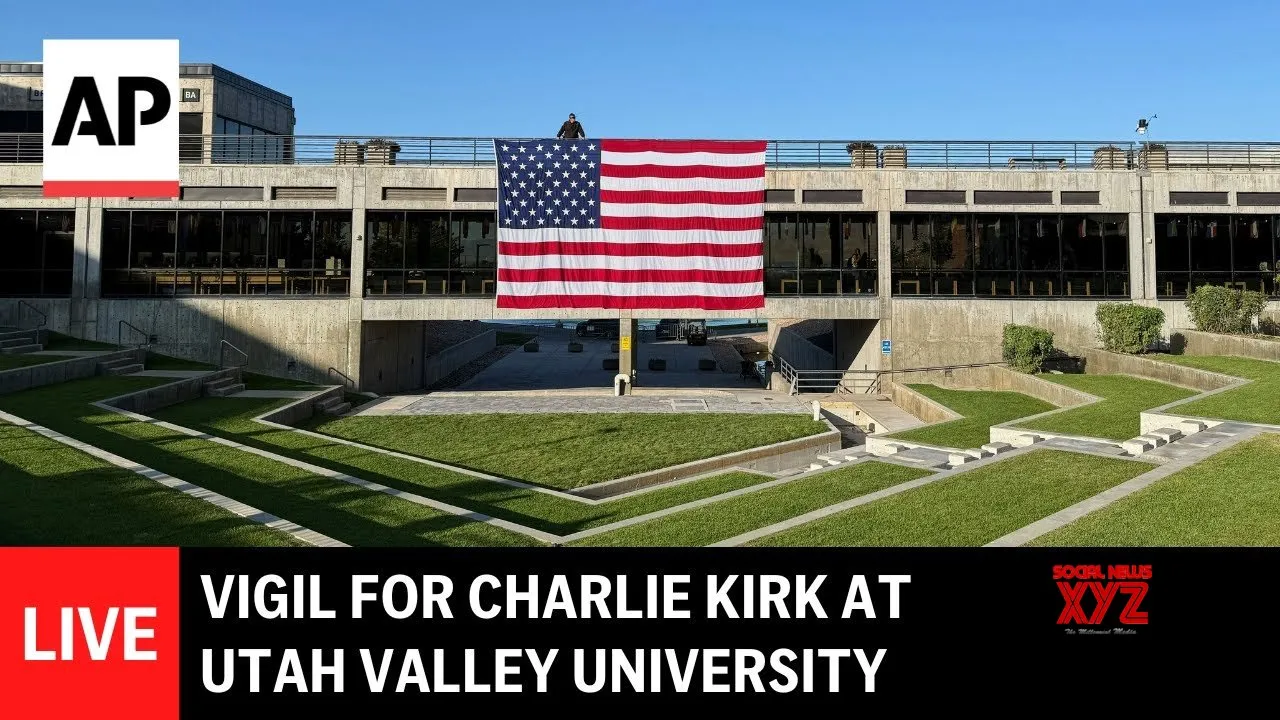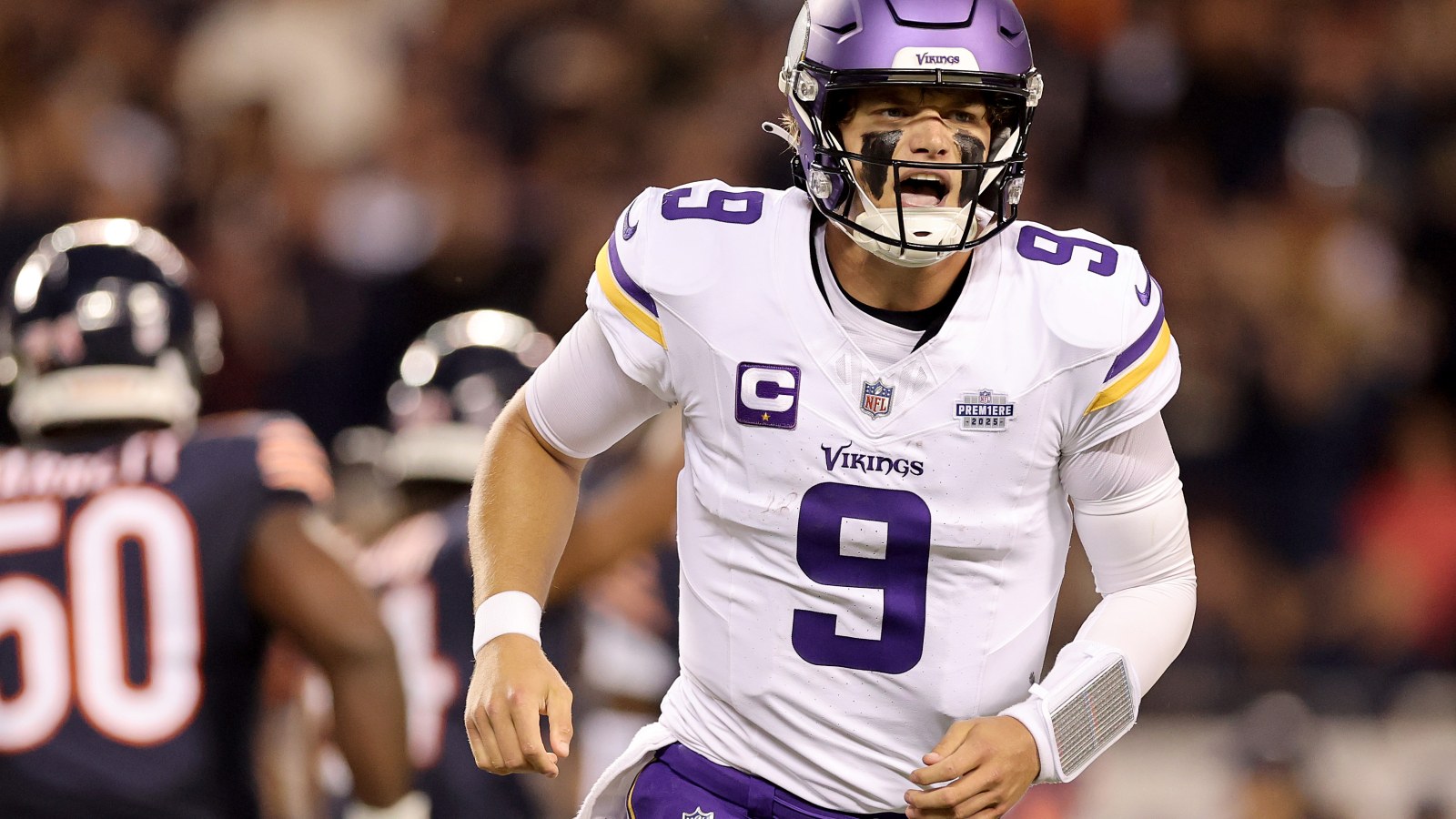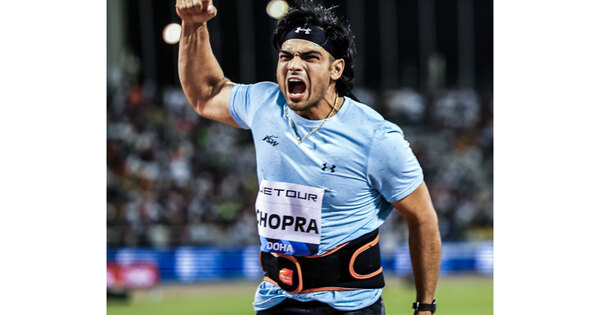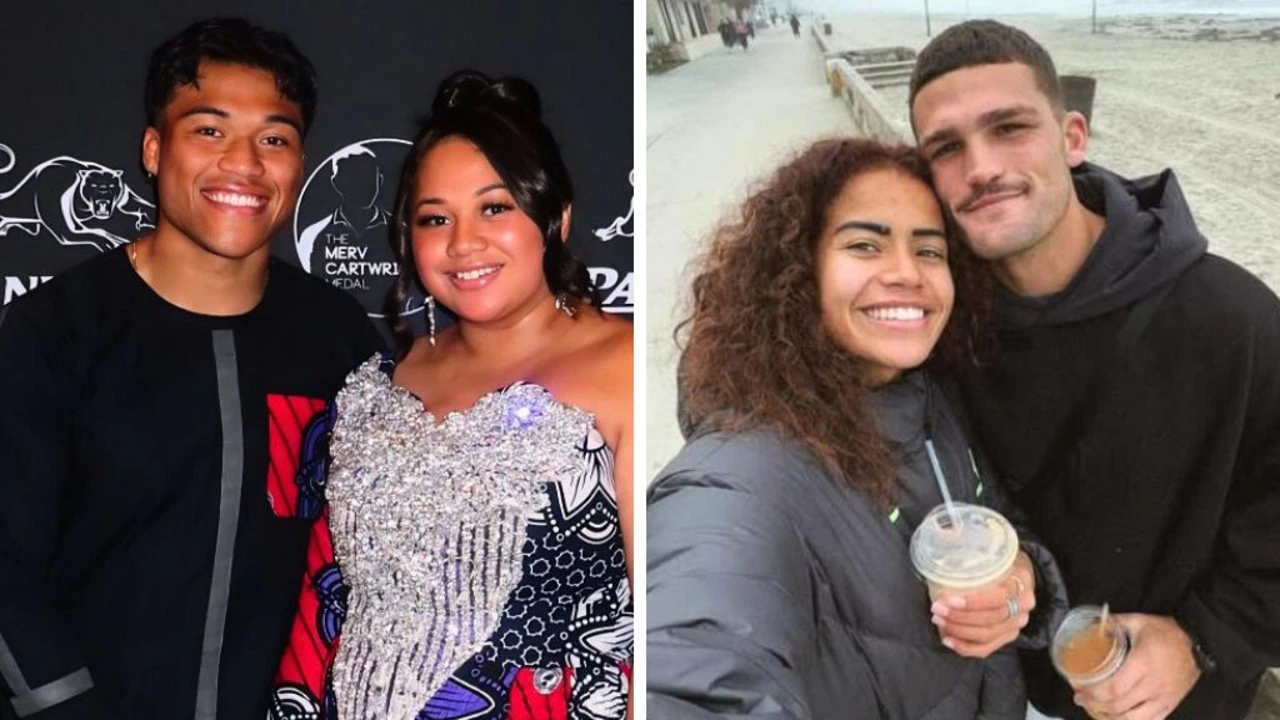By Blox Content Management
Copyright dailypost
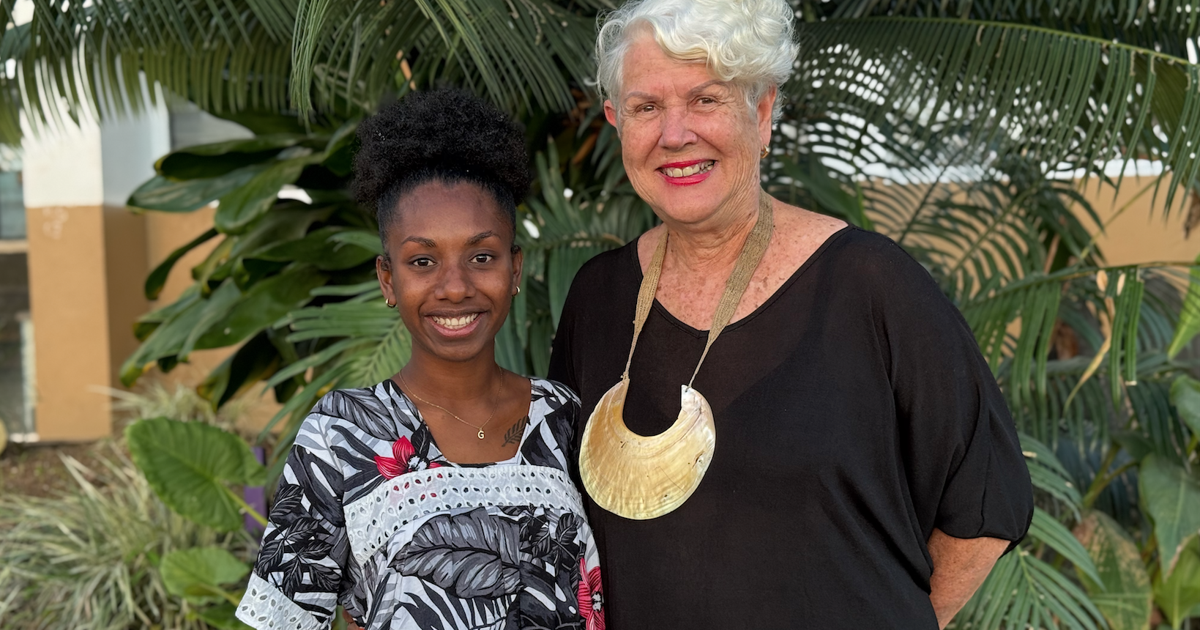
What began as a simple connection between Marceline Moli, a young Ambae girl from Santo, living with a disability, and Australian-Vanuatu dual citizen Margaret Macfarlane, President of the Vanuatu Paralympic Committee, became a bond of encouragement, trust and resilience, altering the course of their lives. This is their story.
I first arrived in Vanuatu in 1989 thinking I’d only be here nine months. I had a contract to see whether an international school could be opened in Port Vila. That short assignment turned into the founding of Port Vila International School (PVIS), where I served as principal for a decade. And now, almost 37 years later, I’m still here — having worked in 12 of the 13 ministries and countless government departments and raised my family here.
Across the years, my work has always carried one thread — inclusion. Whether for women, young people, or those living with disabilities, I wanted to open doors that might otherwise stay shut.
My path into para-sport wasn’t planned. I was running a disability program through the Vanuatu Rowing Club and needed funds for equipment. Someone suggested I attend the Vanuatu Paralympic Committee (VPC) Annual General Meeting. I went in looking for support and walked out as president —with no sports administration background at all. That was 2017.
The account we inherited held just 47,000 vatu, but what we lacked in money, we made up for with determination. We built a board that remains strong to this day and started programs that gave people living with disabilities the chance not just to move, but to shine. One of those people is Marceline.
I was eleven when my life changed forever. One Saturday, I fell from a mango tree and badly injured my arm. At the hospital, the doctors told me they could not treat me because it was the weekend. They gave me medicine and sent me home, telling me to return on Monday.
By then, my arm had already turned blue from lack of blood flow. The doctors said it couldn’t be saved. I was flown to Port Vila, where they told my parents the only option was amputation. My father didn’t hesitate — he told them to go ahead. He didn’t care if I only had one arm; he just wanted me to live.
Afterwards, my parents sought justice but the lawyer said it was impossible. We had no choice but to accept what happened.
My world fell apart. I felt helpless and ashamed, unable to do simple tasks without family support. My self-esteem sank.I avoided people, too embarrassed to be seen. At school I stayed quiet, hiding away. When I told my parents I wanted to play sport, they resisted. But my heart knew I was still capable.
The first time I heard of Marceline, she was fifteen and had listened to our Paralympic radio program on FM 107. I’d announced a “come and try” day in Luganville, and despite her parents’ fears, she showed up. Our coaches quickly saw her potential. From there, her story and mine became closely linked. She needed help with school fees, shoes, and travel, so we rallied support through donors and campaigns. Shy at first, she slowly shared her story — the fall, the hospital’s refusal, the amputation, and the years of hiding. I knew then she needed belief, not pity.
Meeting Margaret was the turning point in my life. Through her, I met para-athletes who were not hiding but thriving, and it gave me courage. My first coach came to Santo from Vila, and though we had no proper facilities, he showed me what sport could bring. Travelling to Vila for training changed everything, and my first overseas trip to Australia was a revelation — I stopped hiding and believed in myself again. In 2017, I competed at the Pacific Mini Games. Two years later in Samoa, I won my first medal — a moment I’ll never forget.
Marceline blossomed, not just as an athlete but as a leader. She became the star of our documentary; Mi Tu Mi Save Mekem — “Yes, I can do it too.” That film went out to 147 countries, carrying her laughter, her cheeky smile, and her message of courage to the world.
Over time, she became part of my family in every sense. When she came to Port Vila for training or travel, she stayed at my house. She even calls me “Tia” — auntie. Like any auntie, I’ve taken her shopping for school supplies, and yes, even carried her dirty laundry home when she cheekily asked me to.
My journey wasn’t only about sport. When the VPC supported me with school fees, it pushed me to work harder – to make them proud in class as well as on the field. I studied hard, determined to succeed, and to prove their investment was not wasted.
Ever since I was a little girl, my dream was to become a lawyer. I want to fight for the rights of people with disabilities and other minority groups to make sure we are respected as equals. My journey as an athlete has only made that dream stronger.
Sports gives me courage, but education gives me purpose.
People sometimes ask me how I keep Marceline from giving up, but the truth is she and all our para-athletes keeps me going. Many times, the lack of funding, the exhaustion, and the endless pleas for support made me want to walk away. Then I’d go to training and hear the laughter of athletes on the field and remember why this work matters.
Now 23, Marceline is a VPC board member and the athletes’ representative. She has already won medals and received a Presidential Medal of Honor. But her real power is in the example she sets. She shows others living with a disability that life doesn’t stop at home. There are pathways, there are possibilities.
Her dreams reach beyond sport — to finish school, study law, and fight for equality. Our shared message for our athletes remains simple: never give up. That’s our anthem. And it’s not just words for Marceline. It’s the way she lives.
At first, I doubted myself — I thought I was too young, not responsible enough. But then I realised that everything I had been through, all the experience I gained, prepared me for this role on the VPC Board. Education gave me opportunities many of my fellow athletes never had, so I see it as my duty to be their voice and remind them of their value.
None of this would have been possible without Margaret.
I often say the service you do for others is the rent you pay for life. Supporting athletes like Marceline — watching her grow from a shy girl in Santo into a leader — has been the greatest rent I could pay. To me, she is like a daughter, and I am proud of the woman she has become. My hope is simply that she achieves her dreams.
Without Margaret’s love and support, I would not be the woman I am today. Without her, I might not have had the chance to continue my education, to chase my dream of becoming a lawyer, or to stand proud as a Paralympic athlete for Vanuatu. I am forever grateful.
Our story is proof that disability is not inability — with belief and support, anything is possible.
